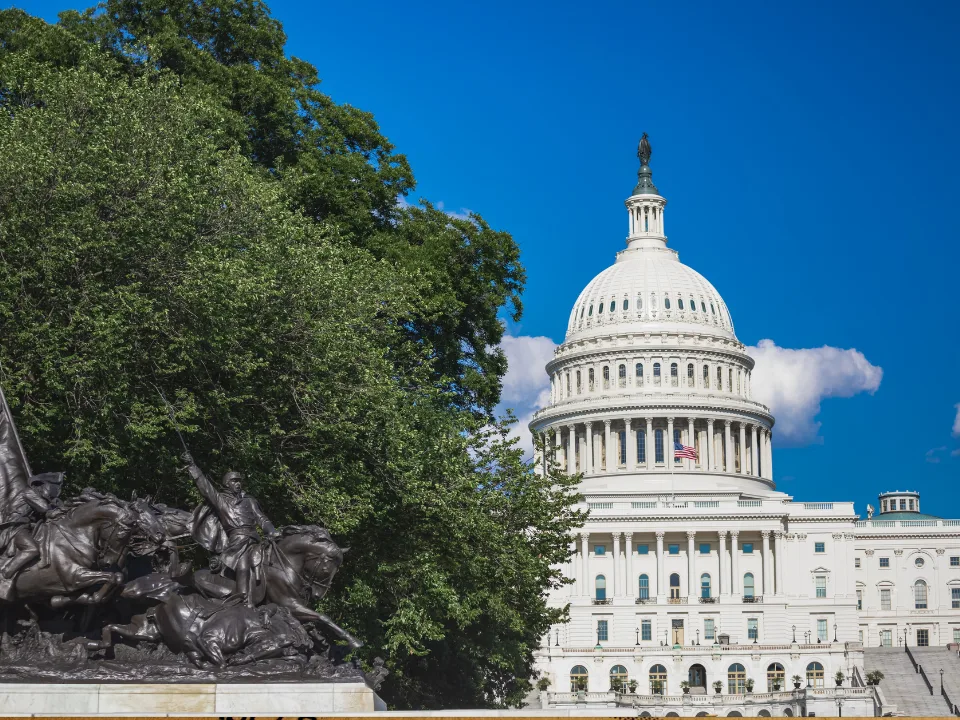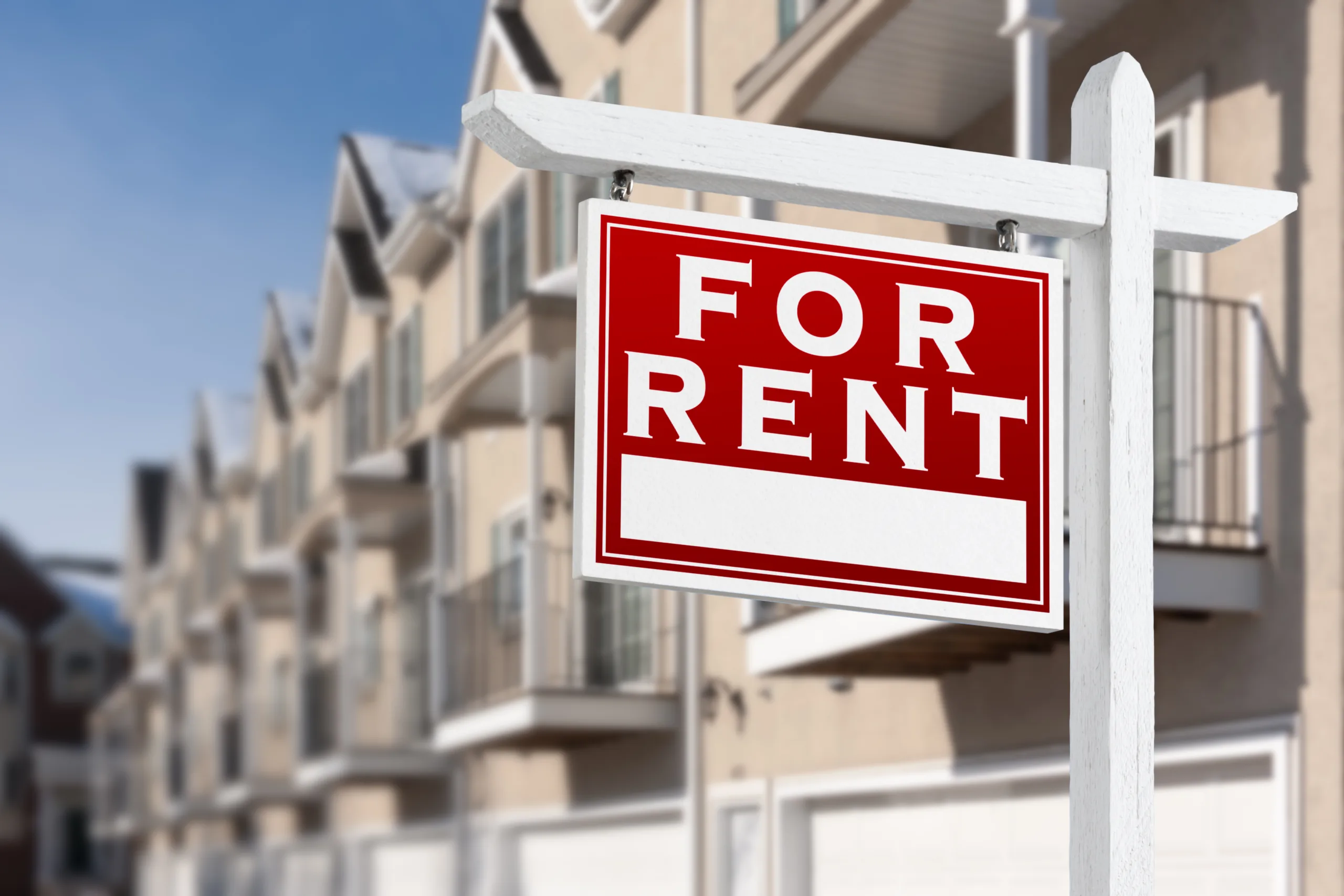- The House passed the Fair Investment Opportunities for Professional Experts Act (H.R. 3394) with a 397–12 bipartisan vote.
- The bill expands accredited investor eligibility to include individuals with relevant licenses, education, or job experience—not just wealth thresholds.
- The SEC will be required to update Regulation D’s definition of “accredited investor” within 180 days of the bill becoming law.
Expanding the Pool
According to AltsWire, the US House of Representatives has passed the Fair Investment Opportunities for Professional Experts Act. The bill seeks to broaden access to private investments by updating who qualifies as an accredited investor. It received strong bipartisan backing, with a final vote of 397–12.
New Criteria for Accreditation
The legislation allows more people to qualify as accredited investors. This includes individuals with financial licenses such as investment advisers and brokers in good standing. It also opens the door for those with relevant education or job experience. The SEC and FINRA will define what qualifies under this new category.
Get Smarter about what matters in CRE
Stay ahead of trends in commercial real estate with CRE Daily – the free newsletter delivering everything you need to start your day in just 5-minutes
Outdated Standards
For years, the definition of an accredited investor focused mainly on wealth. It required a net worth of $1M (excluding a primary residence) or an income of $200,000 per year ($300,000 with a spouse). Critics say this excludes many financially knowledgeable individuals from investing in private offerings.
What Will Change
If the bill becomes law, the SEC will have 180 days to update its rules. The agency will need to revise the accredited investor definition under Regulation D. The SEC will also decide how to evaluate education and work experience for eligibility.
Why It Matters
Supporters argue that the current rules are outdated. Industry advocates like the Institute for Portfolio Alternatives believe this change is long overdue. “Investors deserve a wider range of options that more closely resemble institutional offerings,” said CEO Anya Coverman.
Next Steps
The bill now heads to the Senate, where it is expected to pass. The Senate’s Republican majority and the bill’s bipartisan support improve its chances of becoming law.
Looking Ahead
Two related bills—H.R. 1579 and H.R. 2797—are still awaiting a vote in the House. If these or H.R. 3394 are enacted, they could significantly expand access to alternative investments in the US.

















